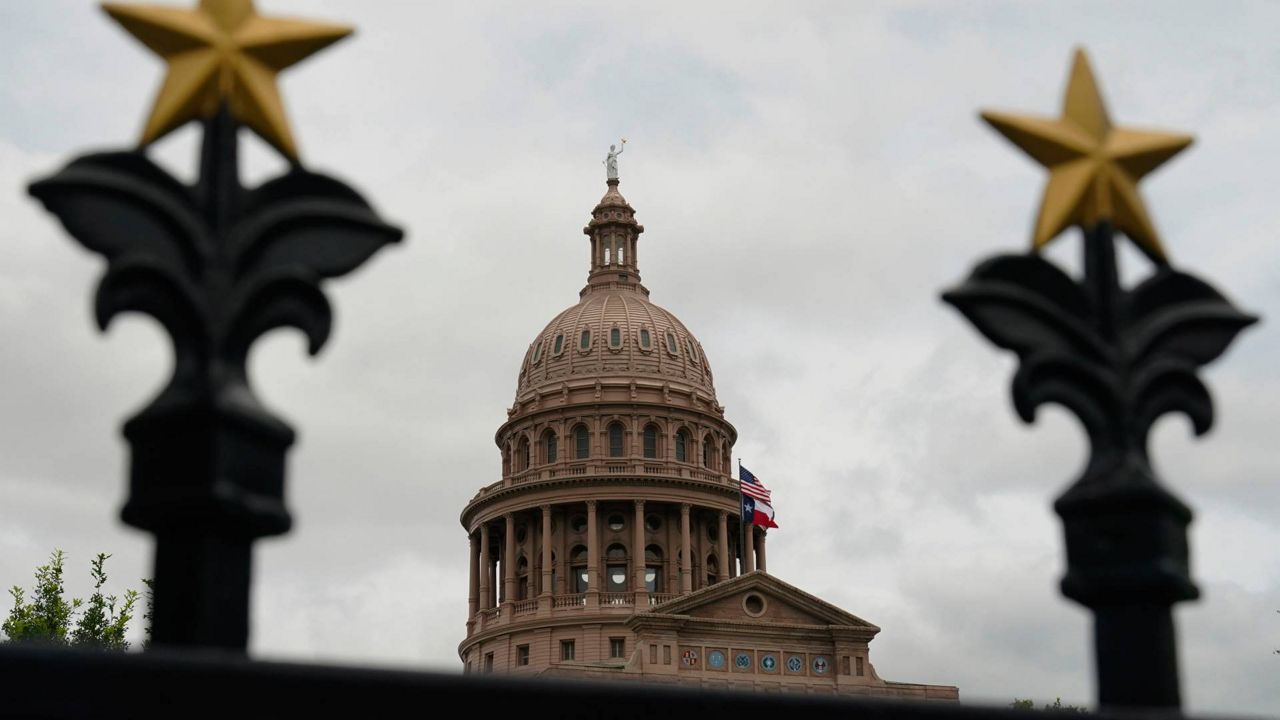AUSTIN, Texas — Monday is a key date in the 88th legislative session: It’s the first day lawmakers can file a bill.
Legislative sessions, which occur in every odd year in Texas, begin in January and last 140 days. Bill filing, which officially begins Monday, will stretch between now and March 10, which is the 60th day of the session. Any bill filed after that date will require a super-majority vote.
Last session, the Texas legislature filed a combined 9,999 bills and resolutions. According to the Texas Legislative Reference Library, 4,581 of those passed. Gov. Greg Abbott vetoed 21 legislative measures, less than half the number of items he vetoed in the two prior sessions.
Some offices are well known for filing legislation early, even camping out at the clerk’s office to be the first in line. Sen. Judith Zaffirini, D-Laredo, who represents a district that stretches from Laredo to Austin, was the first in line in the Senate, filing an initial 40 bills.
By noon, more than 750 bills and resolutions were filed. Speaker Dade Phelan has set aside the first 20 bill numbers in the House for his priorities; Lt. Gov. Dan Patrick has set aside the first 30 bill numbers in the Senate for his highest priorities.
Early bills often are a sign of the commitment of individual members to high-profile issues. In other cases, a member files a bill, or bills, that failed to pass the prior session.
On the House side, the first bill was filed by Rep. James Talarico, D-Round Rock; the creation of an independent citizen redistricting commission. That’s House Bill 21. House Bill 22, filed by Rep. Joe Moody, D-El Paso, would create a reporting requirement for the sale of multiple firearms and multiple firearm magazines.
Moody sat on the three-member House committee that investigated the mass shooting at Robb Elementary. El Paso also was the scene of an allegedly racially motivated mass shooting in 2019.
The third bill, House Bill 23, was filed by Rep. Valoree Swanson, R-Spring. It’s a reintroduction of a bill debated last session: banning transsexuals from competing in K-12 and college sports.
Legislators also have filed measures that, if passed, would be put to a vote in November: the expansion of Medicaid under the Affordable Care Act; an increase in state contributions to the retirement accounts of teachers and state employees; and various measures that would adjust the value of homesteads for tax exemption purposes.
Filing in the Senate is likely to be slower than the House. Several members retired or chose not to run for another term because of new district lines: Finance Chair Jane Nelson and Education Chair Larry Taylor; plus, Sens. Dawn Buckingham, Kel Seliger, Eddie Lucio and Beverly Powell.
Senate bills by Sen. Nathan Johnson, D-Dallas, and Cesar Blanco, D-El Paso, also would expand Medicaid. Johnson also has filed measures related to abortion-inducing drugs and the prohibition of abortion. Sen. Jose Menendez, D-San Antonio, has filed a bill to provide a COLA, or cost-of-living adjustment, for teachers in the state.



